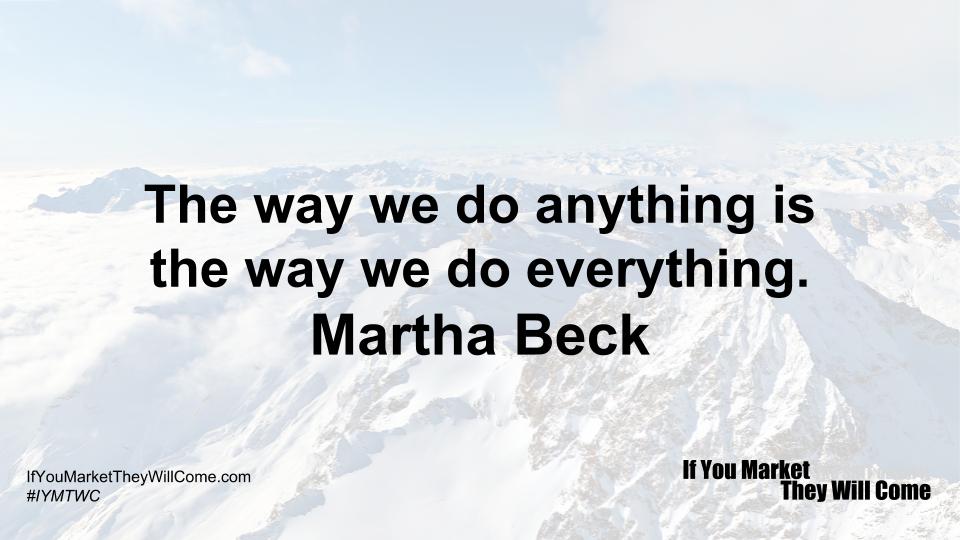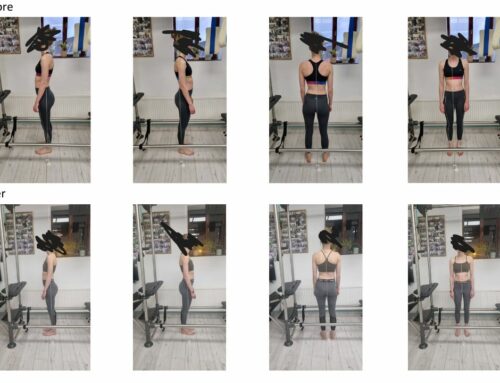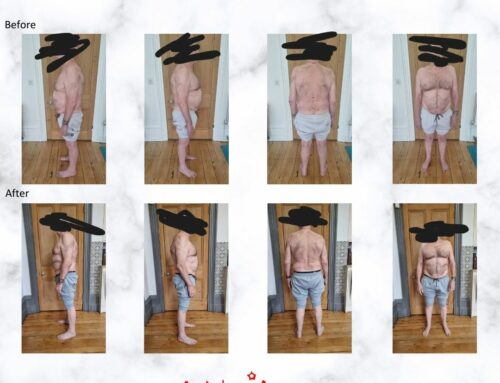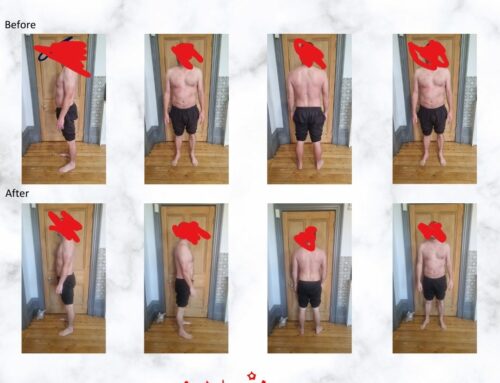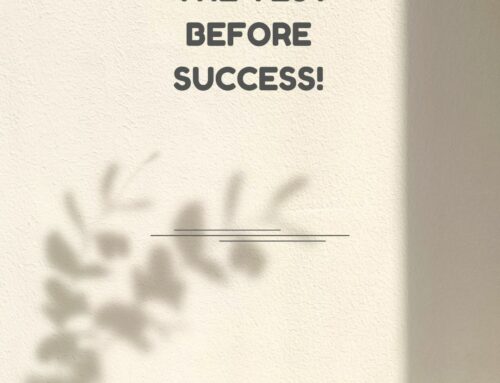Why does the saying ring true with everything from our personal to work life: “The way you do anything, is the way you do everything”. The way someone handles their money, mows the lawn, organises their desk at work, cooks the food, tidies the house, disposes of their rubbish not only reflects the way they approach their life but reflects the choices they make for their body, physically, mentally, emotionally and spiritually. This means if we are untidy and disorganised at our desk at work, it can reflect onto our organisation with our aptitude to every situation we come into. Our outside is a reflection of our inside and our personal space is usually a reflection of what’s going on in the mind and the gut too. ‘As above so is below’- refers to the mind and the body below.
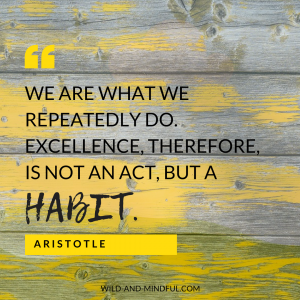 Survival
Survival
We are all programmed to survive in life and will take on various survival behavioural patterns knows as archetypes. Our beliefs and behaviour and programmed into us from utero through to childhood. The experiences we have in life, make and shape the person we are and who we become.
These belief systems of survival support the same type of behavioural pattern—being lazy, cutting corners, gossiping avoiding answers to questions, expressing a lack of interest in change (do the same, get the same). But what can prove helpful to each person is very different. And what’s helpful in the case of classic denial actually may be harmful to persons with different belief systems. “If you always do what you’ve always done , youre always get what you’ve always gotten”. Henry Ford
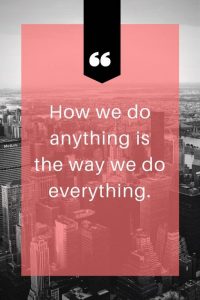
One of the other unhelpful belief systems revolves around the thinking, “I’ll never be able to do it, so why try?” It is easy to mistake this lack of confidence for lack of interest in change, especially since some of these persons exhibit a false bravado that makes us think we are in denial.
Audrey Hepburn drew our attention to the word ‘impossible’, as she said the word actually says ‘I’m possible’. Start paying attention to the way you do small things in life. You may be surprised on how much you are actually capable of.
Trying to change friends and family
When we try and change loved ones and our family behaviour or habits, it never works. The best thing to do is to change is ourself and others will follow if they truly want to.
Another belief system that keeps people stuck is the ‘shame-based belief system’ of those who think they aren’t worth the bother or don’t deserve to be happy. These people also seem uninterested, sabotage their own recovery, and fail to show a sustained effort. This would be the classic archetype behaviour of the victim, child, saboteur and prostitute.

The book ‘Super genes’ by Rudolf Tanzi and Deepak Chopra tells us that we don’t have to accept who we are and what we have become, we have, can and do have the ability to change. If we want a better life, what would we change first? Almost no one would say “my genes’ . And with good reason – weve been taught that our genes are fixed and unchangeable . What you were born with is what you will keep fpr life. If you happen to be an identical genes , no matter how good or bad they are. The popular notion of fixed genes is part of our day to day language > why are some people gifted with more beauty and brains than normal. They have good genes? Why on the otherhand, does a famous Hollywood celebrity undergo a double mastectomy without any sign of disease? It’s the threat of bad genes, the inheritance of a strong predisposition to the cancer that runs in her family. The public is frightened , and yet the media doesn’t really communicate how rare such a threat actually is.
It’s a time to explode such rigid notions . Your genes are fluid, dynamic and responsive to everything you think and do. The news everyone should hear is that gene activity is largely under our control. That’s the breakthrough idea emerging from the new genetics .
Did you know by focusing on our gene activity through conscious choices you can:
- Improve your mood level, staving off anxiety and depression
- Resist yearly colds and flu
- Return to normal sound sleep
- Gain more energy and resist chronic stress
- Be rid of persistant aches and pains
- Relieve your body of a wide range of discomforts
- Slow the aging process and potentially reverse it
- Normalise your metabolism – the best way to lose weight and keep it off
- Decrease your risk of cancer
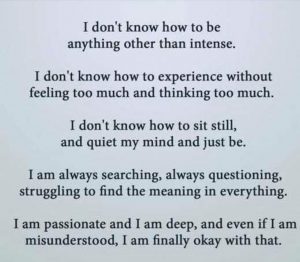
It was long suspected that genes could be involved when bodily processes go wrong. We know that genes are definitely involved in making them go right. The entire mind body system is regulated by gene activity, often in surprising ways. The genes in our intestines are sending messages about all kinds of mundane things such as digestion. These messages concern your moods, the efficiency of your immune system, and your susceptibility to disorders closely related to digestion (e.g diabetes and irritable bowel syndrome), but also those very distantly related problems, such as hypertension, Alzeimers disease and autoimmune disorders from allergies to chronic inflammation.
Everything we do in life matters — whether it’s making board room decisions to taking the kids to school or studying for an exam — even after we’ve already achieved the success we sought. Everything is a chance to do and be our best.
SO WHAT ARE THE LIFE LESSONS CAN WE APPLY FROM EXPERIENCE? by Leigh Brandon
1. “The way you do anything is the way you do everything”…
If you always keep a positive mindset, you’re more likely to make positive choices and create more positive outcomes.
2. Always choose the most optimistic option and the option that will lead to the most desirable outcome, even if you think it’s not possible, you never know what might happen.
3. Don’t choose the least optimistic option and have regrets that at least you didn’t try.
4. Always look for the life lessons in each experience, no matter how small, positive and negative.
5. Stay fit and healthy into your 50’s so you still have a body fit enough to move fast when you need to without something breaking or hurting. 💪
6. Wear your 5 Fingers shoes to parties, you never know when you’re gonna need to sprint and jump!
Bibliography
Paul Chek Blogs
‘Super genes’ Rudolp Tanzi and Deepak Chopra
Train saga- Lee Brandon

